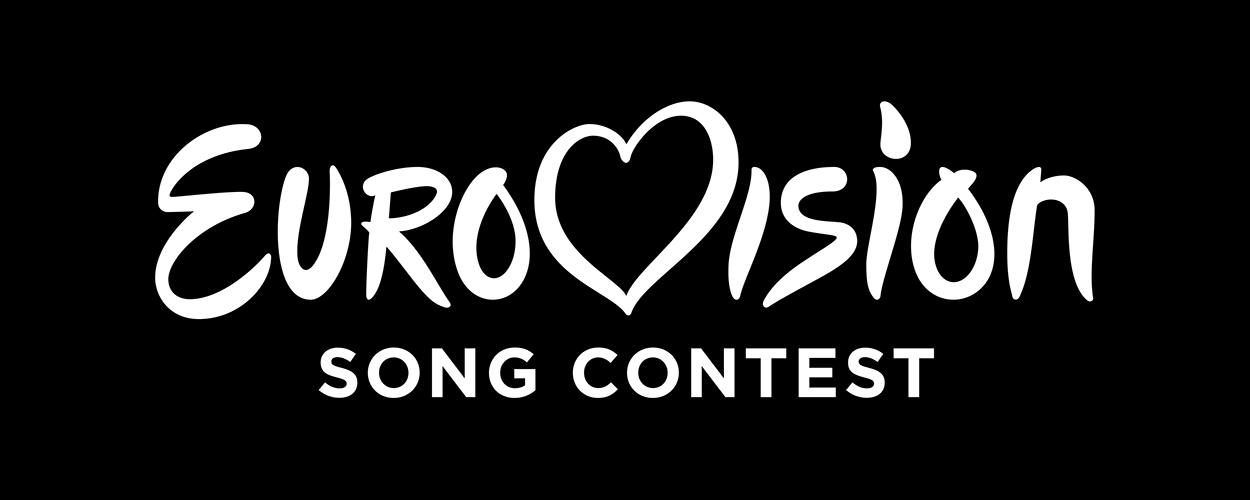This website uses cookies so that we can provide you with the best user experience possible. Cookie information is stored in your browser and performs functions such as recognising you when you return to our website and helping our team to understand which sections of the website you find most interesting and useful.
Business News Media
Eurovision rules out full-scale show
By Andy Malt | Published on Thursday 4 February 2021

Eurovision organisers have ruled out a full-scale live show this year. However, they have also said that the event will go ahead on its planned May dates in one of the other potential scenarios they previously laid out last year. Currently, they are focussed on staging a socially distanced show in Rotterdam.
“The Eurovision Song Contest will definitely make its welcome return this May despite the pandemic but, in the prevailing circumstances, it is regrettably impossible to hold the event in the way we are used to”, says Martin Österdahl, the event’s Executive Supervisor.
“We’re grateful for the renewed commitment and backing from the city of Rotterdam and the ongoing support of all the participating broadcasters”, he goes on. “We very much hope to be able to gather in Rotterdam in May and will do all we can in the coming weeks to achieve this. With an ever-changing situation, we are taking our time to ensure that we can host the Eurovision Song Contest in the best and safest way possible”.
The 2020 edition of Eurovision was cancelled, of course, due to the social distancing and travel restrictions in place as a result of the COVID-19 pandemic. In November, four separate plans for this year’s contest were announced to ensure that the event would go ahead in 2021.
Organisers’ preferred option was to put on the show like it would in any other year. However, in yesterday’s statement they said that they were now clear that this will not be possible. A new “determined, yet realistic” plan is now in place, with everything moving towards ‘scenario B’ – a socially distanced show with reduced audience and pre-recorded performances from those performers unable to travel to the Netherlands.
Every contestant will pre-record a performance of their song in their home country, which will be aired in place of a live performance at the contest should they be unable to attend on the night. To ensure fairness, these pre-taped performances will be subject to strict rules.
This system will also mean the contest is prepared if it has to move to scenarios C – a socially distanced audience but no contestants in the arena – or D – an entirely remote event.
“The security, health and safety of all participants at the Eurovision Song Contest, from the crew to the artists, is our top priority”, adds Österdahl. “We are following international developments closely and continuing to explore and plan for three revised scenarios – B, C and D – first announced last autumn”.
So, at least one thing will be happening, or sort of happening, this year.





